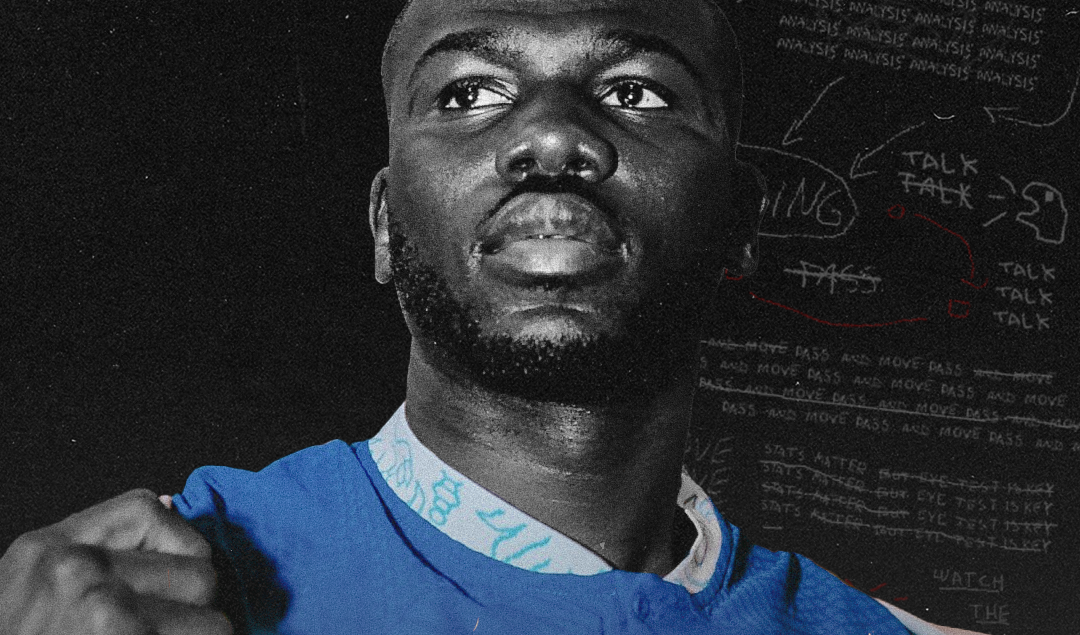Previewing Senegal’s Chances for the 2022 FIFA World Cup
The 2018 FIFA World Cup saw each of Africa’s five teams fail to qualify for the knockout round, with Egypt finishing bottom of Group A with 0 points, Morocco finishing bottom of Group B with 1 point, and Tunisia finishing third in Group G with 3 points. Nigeria looked set for a knockout round berth only to concede to Marcos Rojo in the 86th minute of their final group stage match, with Argentina and Croatia going through to the Round of 16.
It was the continent’s worst showing in the World Cup since 1982, and whilst Ghana, Tunisia, Cameroon and Morocco will be looking to wave the flag high for Africa, perhaps the team with the best chance of making it to the Round of 16 is Senegal. They made their first appearance in the competition in 2002, opening the tournament with a 1-0 win against defending champions France, drawing 1-1 to Denmark and 3-3 to Uruguay as Senegal finished second in their group behind Denmark and booked their ticket to the Round of 16.
Henrik Larsson would open the scoring for Sweden within 11 minutes only for Henri Camara to equalize before halftime, with Camara scoring the golden goal in the 104th minute to secure a 2-1 win. In doing so, Senegal became the second African country after Cameroon ’90 to reach the quarterfinals, where they would lose 1-0 to Turkey via a 94th-minute golden goal from İlhan Mansız.
Senegal would have to wait another 16 years before making their next World Cup appearance, with the Lions of Teranga opening their campaign with a comfortable 2-1 win against Poland in Moscow before drawing 2-2 to Japan and losing 1-0 to Colombia via a late goal from Yerry Mina.
Iliman Ndiaye – One of the Most Exciting Players in the Championship Right Now
This would see them finish one point above Poland, level on 4 points with Japan, and two points behind Colombia. Japan and Senegal both had the same amount of points and the same goal differential, and for the first time in World Cup history, the “fair play” rule was used as a tiebreaker: Japan had picked up fewer yellow cards, and as such, they advanced to the Round of 16.
The following year would see Senegal advance to the African Cup of Nations Final, only to concede within two minutes to Baghdad Bounedjah and lose 1-0 to Algeria. Three years later, Senegal topped their AFCON group despite scoring just one goal — a 97th minute penalty against Zimbabwe in the opening group stage match — following that up with a 2-0 win against Cape Verde and a 3-1 win against Equatorial Guinea that would see them concede their first goal of the tournament.
After brushing past Burkina Faso with a 3-1 victory, Senegal returned to the AFCON Final, where they would face off against Africa’s most successful team in Egypt. Neither team were able to find a goal and the match went to penalties, with Senegal pulling off a 4-2 penalty shootout victory to seal their first-ever major triumph at the international level.
One month after that historic night in Yaoundé, Senegal faced off against a familiar foe after topping their group of Togo, Namibia, and Congo with 16 points in 6 games. They would play Egypt, who took the lead within four minutes via an own goal from Saliou Ciss to secure a 1-0 win — the return leg in Dakar would see Senegal level proceedings within four minutes via an own goal from Hamdi Fathi and eventually win 3-1 on penalties to book their ticket for Qatar, with Sadio Mané scoring the match-winning penalty against the Pharaohs.
Senegal: Boulaye Dia
"Aside from the obvious picks, the Salernitana striker is someone who could have a huge impact on Senegal’s campaign. Dia tends to start down the middle of the front three and has really found his form again in Italy after a tricky spell with Villarreal." pic.twitter.com/earTPcLfWL
— Breaking The Lines (@BTLvid) November 20, 2022
“I want to congratulate everyone on the World Cup qualification,” said manager Aliou Cissé after the match. “I would have visited every fan who supported us to thank them if I could. Everyone was united, I want to thank the people who built this stadium and the journalists who criticised us, they were all a part of our success.”
Senegal will be without Mané as they look to advance from a group of Ecuador, Qatar and the Netherlands, but they nevertheless boast an exciting young team boasting the likes of Nicolas Jackson (21), Iliman Ndiaye (22), Pape Matar Sarr (20) as well as veteran leaders such as Édouard Mendy (30), Kalidou Koulibaly (31) and Idrissa Gana Gueye (33).
They will be led by Cissé, who became the first Senegal captain to reach the African Cup of Nations Final in 2002, who led Senegal to the World Cup quarterfinals in 2002, and who has led them to two straight AFCON Finals as well as their first ever AFCON title since taking charge in 2015. He’ll be looking to cement his legacy even further with an impressive showing for the Lions of Teranga in Qatar.
By: @Laka993
Featured Image: @GabFoligno / Chelsea FC
